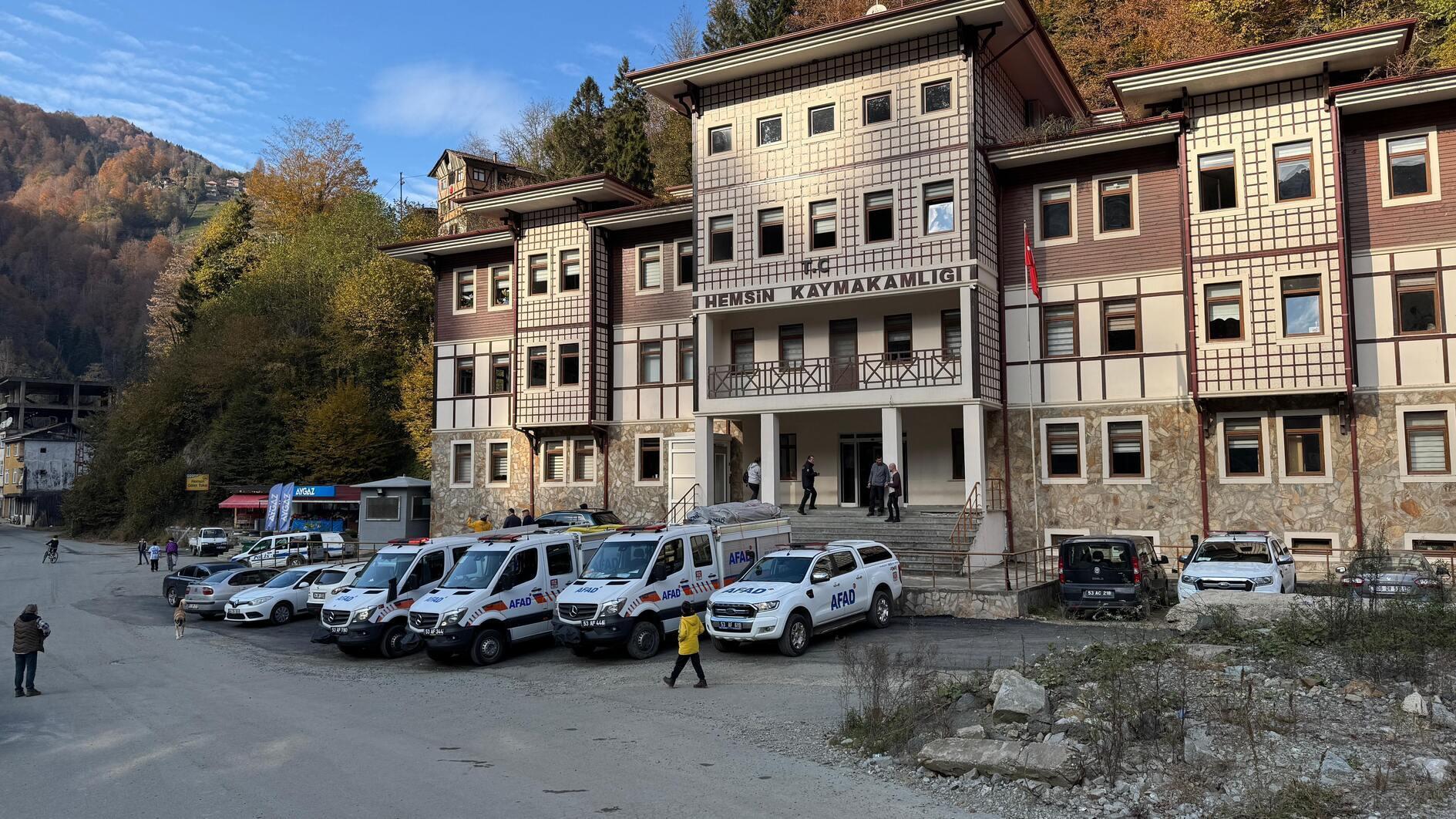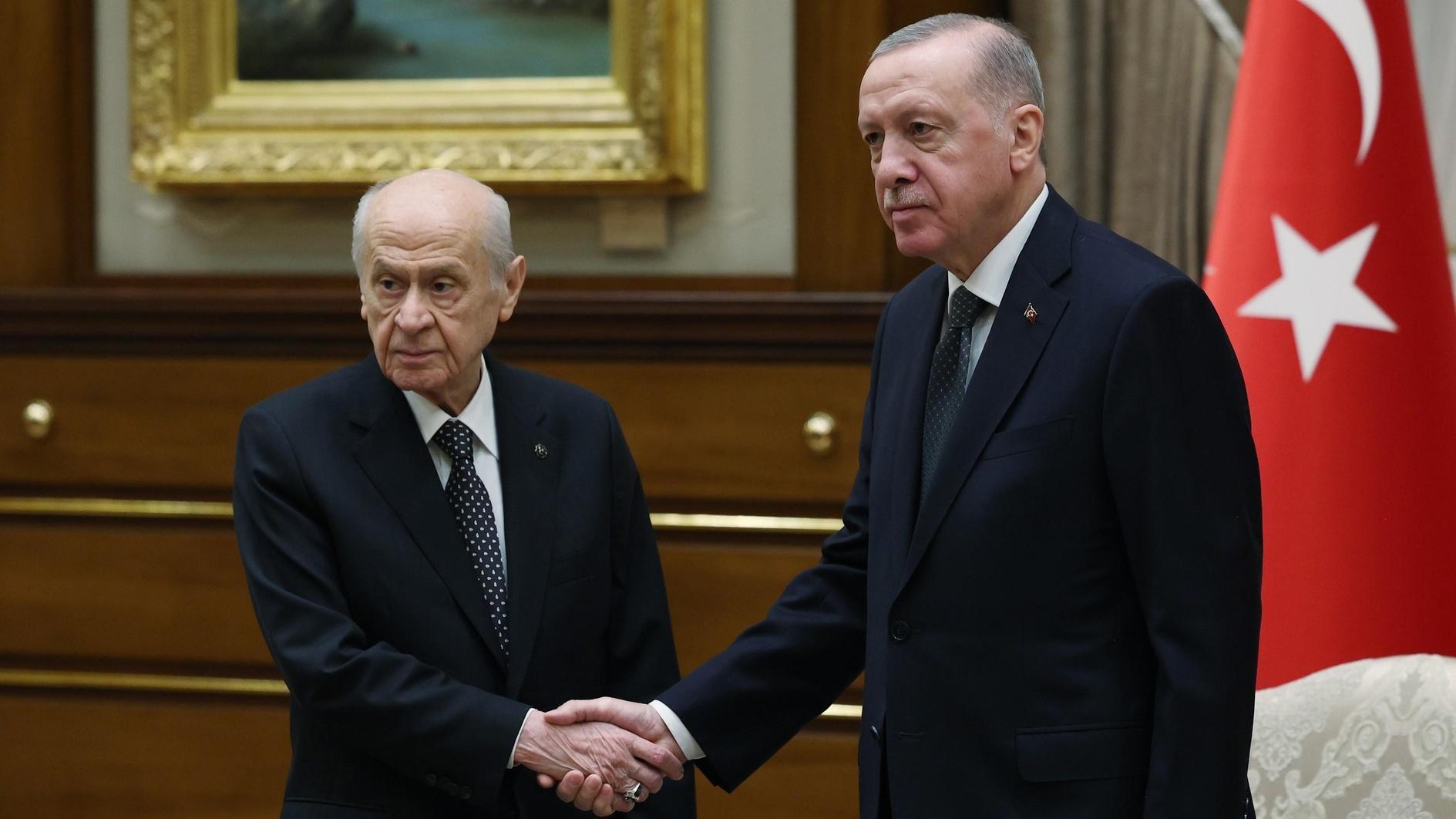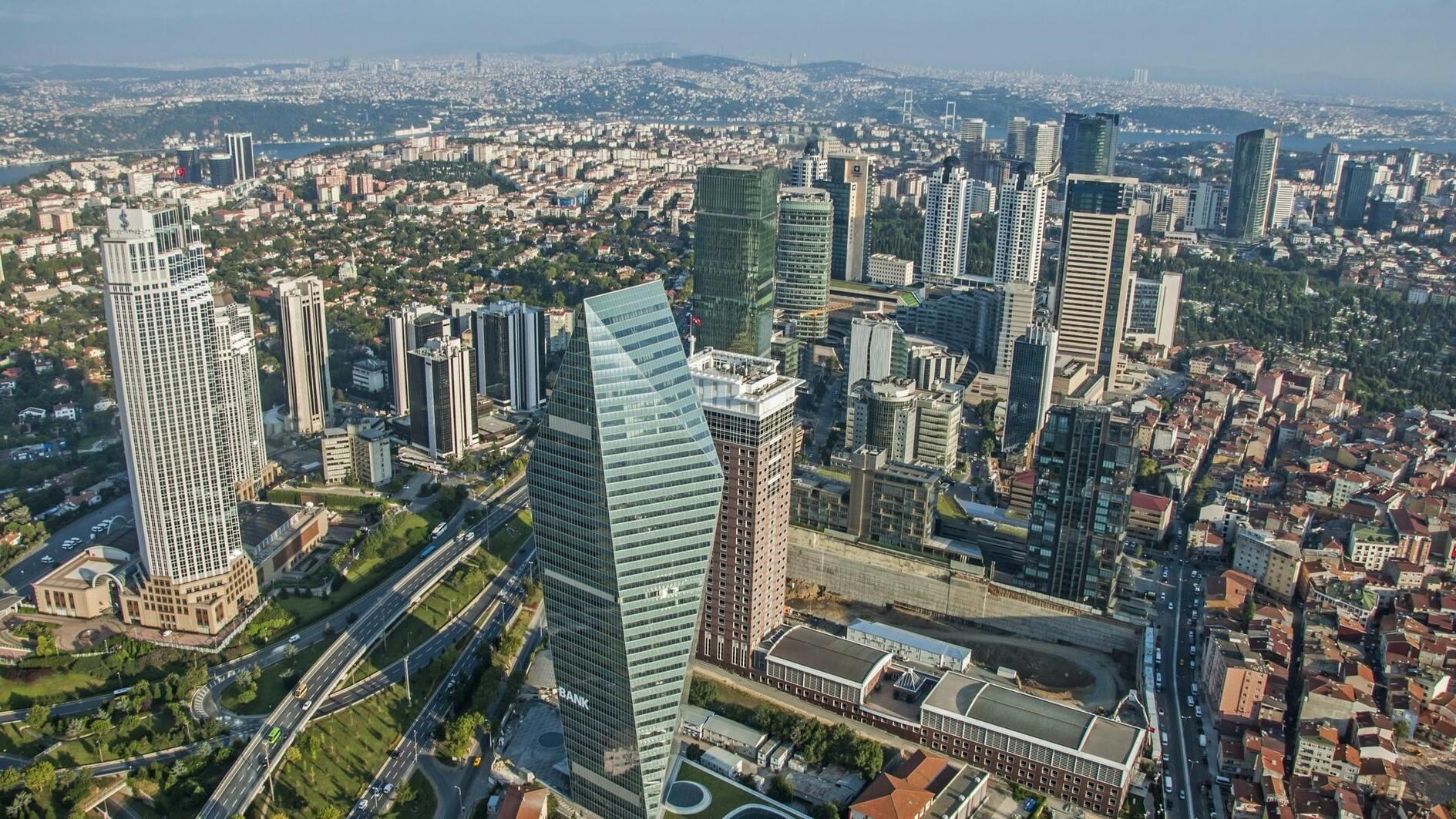Make room for non-state actors
Saying the Syrian regime is about to die is, of course, not an assertive prophecy. People know that it is not possible for the al-Assad regime to set itself free from the “democracy” tsunami that has occurred in the region. As the conflict gets longer and spreads, the central authority is becoming increasingly challenged. Inevitably, the collapse of the economy is accelerating and the regime is losing its legitimacy in the public eye. Chaos producing the potential of insurgencies is also taking effect in the country.
As developments unfold like this, diplomatic help would become meaningless after a while and turn into only a bargaining chip. OK, one may say the regime is about to die, even if it is difficult to indicate the date clearly. However, the basic question in minds is this: What kind of a political environment is awaiting the country, following the collapse of the regime, and how long will it take to fix a new order?
We know local authorities supersede the central authority as it loses its power. Those authorities would inevitably emerge under the skin of religion, sect, ethnicity and tribe. While struggling among themselves, new powers would be in for taking a share from the central authority. We know very well that the struggle mentioned above won’t be through “democratic” means. In other words, the process would most likely turn into a civil war.
As is seen in similar events, the trilateral effect of a civil war is inevitable. Firstly, warring factions would seek new allies by spreading their influence toward places outside of existing political borders. This pursuit would, of course, not remain limited to states, but would enhance cooperation with non-state actors as well. As for the second effect, a vanishing of the central authority would create a gravitational field for non-state actors in a global sense.
All radical groups both from outside and inside the region might influx into Syria. While aggravating buildup of a new central authority, it may also take a longer time than envisaged. Once again, a collapse of central authority would lead to the reality that scores of explosives and arms in the hands of the Syrian Army will be possessed by non-state actors and spread into the whole region. It won’t be surprising to experience a period just like the era when AK-47s were sold for $10 after the demise of Saddam’s army. The name of the game is what will happen to the chemical weapons currently in the hands of the Syrian army.
Many non-state actors, which are in search of allies, would bring a new dynamism and dimension to the region’s international relations. We will be following how a couple of central states remained standing in the region, and emerging non-state actors would organize their relations. The spread of these problems to the wider region won’t be surprising. While those states with the ability to adapt will adapt to a new ecosystem in a short time, others will enter into a crisis spiral. The best example for the price of such a relationship and its results is Turkey’s 30-year PKK adventure. Seemingly, we will be witnessing a new adaptation process over the next 30 years. Those who successfully adapt will survive in the region.











